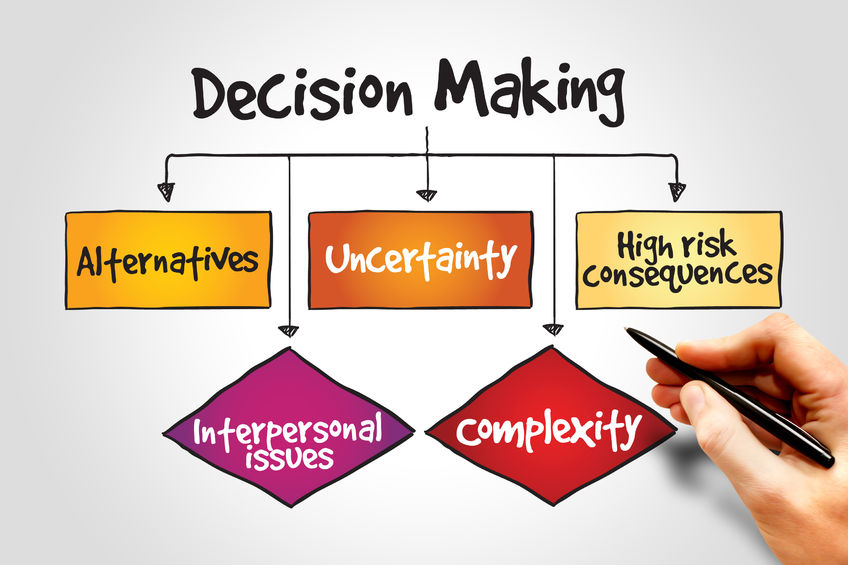Key Factors in the Decision Making Process

Image Copyright : dizanna @123RF
Decision Making Process in the Vietnam War
The key factors in any decision making process are outlined in Robert S McNamara's book 'In Retrospect'. This book looks at the crucial period of U.S.A decision making during the Vietnam War.
Robert McNamara was a 'Whiz Kid' (one of ten top army World War 2 planning and logistics officers) and President of Ford Motors before becoming Secretary of Defence under Presidents Kennedy and Johnson. The lessons he draws from his experience of the Vietnam war gives tremendous pointers for any management team:
- Lack of clear vision and objectives
- No experience of the situation or problem area - no detailed analysis or study of behavior of the people and leaders involved - failed to find outside expertise
- Inadequate feedback on progress
- No organisational focus to solve complex situations - no war cabinet approach taken
- Failing to keep everyone informed
- Failed to recognise the limitations of high technology solution and the power of motivated people
- Exaggerating potential dangers
- Not fully resolving differences in strongly held beliefs in the team
- Not identifying and challenging assumptions
- Not changing course when failure was clear
- Not analysing and debating actions, objectives, risks, costs and alternatives
- Poor hand-overs when key team members changed
- Failed to recognise that with some problem or decision areas there is no immediate solution - it is an imperfect and untidy world
All the above lessons can be applied in most decision making processes.
Find out more about decision making - see the following links:
- Decision Making Software
- Types of Decision Making
- Decision Making Quotes
- Key Decision Making Tips
- Decision Making Models
- Intuitive Decision Making
- Rational Decision Making
- A Better Decision Making Model
- Key Factors in a Decision Making Process
- Use a PICK chart to Simplify Decisions
Go to Top of 'Decision Making Process Key factors'